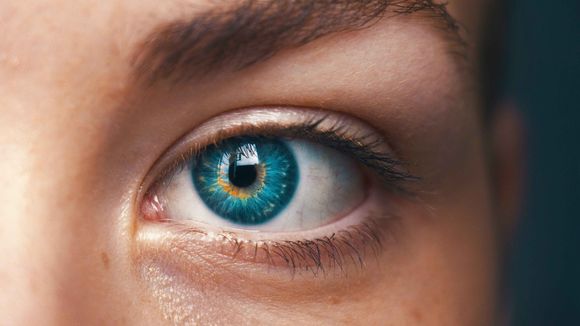Alzheimer's disease - what is it
Alzheimer's disease is the most common cause of dementia, a common term for memory loss and other cognitive abilities serious enough to interfere with daily life. Alzheimer's disease accounts for 60-80% of cases of dementia. This condition is not a normal part of ageing, but the most serious risk factor for its development is precisely age. Also, Alzheimer's disease is a progressive disease in which the symptoms of dementia gradually worsen over several years.
What the research team finds
[ref. 1]
"Given that we have not been able to treat advanced Alzheimer's disease and that the global spread of the disease is increasing, the ability to identify people at the preclinical stage, when we still have a chance to intervene, is really important," says health researcher Ashley Barrett-Young of the University of Ougho, New Zealand. [ref.1]
People with Alzheimer's disease often live with visual impairments that can contribute to mental confusion, disorientation and social isolation - all symptoms that, along with memory loss, disrupt the daily lives of millions of people living with the disease.
This study is not the first time scientists have suggested that the eyes could be a window into the brain. More than a decade ago, researchers discovered amyloid-beta proteins, the hallmark of Alzheimer's disease, in the retinas of people with this disease. Subsequent studies of eye images revealed that Alzheimer's patients also had thinner retinas. Another study from 2018 also reported strong links between Alzheimer's disease and three common eye conditions, including glaucoma and macular degeneration.
In the new study, researchers analyzed data from Dunedin's long-running study, which tracked the lives of more than 1,000 babies born in the early 1970s at a New Zealand hospital. Five decades later, Barrett-Young and colleagues selected for their analysis a subset of 865 adults who had eye examinations at age 45, along with a set of neuropsychological tests in adulthood and early childhood, as part of the Dunedin experiment.
The thickness of two different parts of the retina (layers of nerve fibers of the retina and layers of ganglion cells) were measured in the examinations. The analysis showed that study participants with thinner layers of the retina achieved lower scores in cognitive performance tests, both as adults and when they were children.

However, no associations were found between retinal thinning and an overall decline in cognitive function (between childhood and middle age), which may indicate that something is changing in the brain. While thinner layers of nerve fibers of the retina at age 45 are associated with a decrease in the rate of brain processing since childhood, this may just be a sign of general aging and not necessarily associated with Alzheimer's disease.
"The findings suggest that retinal thickness may be an indicator of overall brain health," says Barrett-Young, who led the study.








